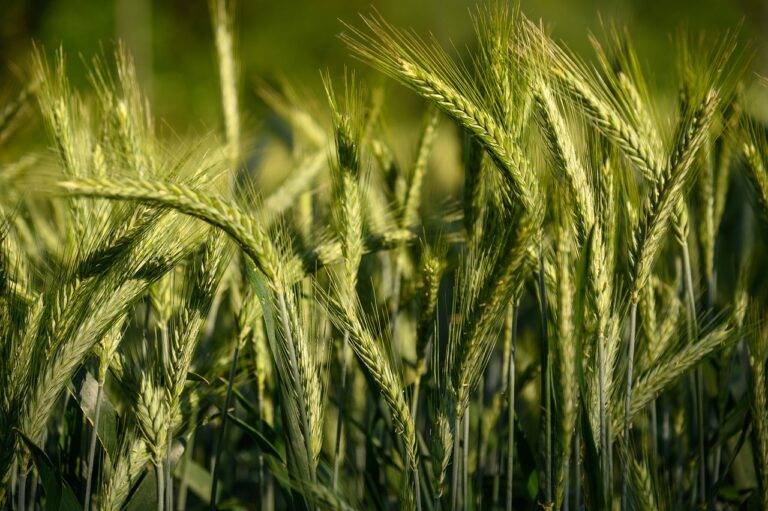Exploring the World of Sustainable Coffee Production
Coffee farming practices play a crucial role in ensuring the long-term sustainability of coffee production. Farmers around the world are increasingly adopting sustainable methods to minimize environmental impact and support the well-being of their communities. Implementing practices such as organic farming, agroforestry, and water conservation not only benefit the environment but also lead to higher quality coffee beans.
Additionally, sustainable farming practices contribute to the preservation of biodiversity by creating a healthier ecosystem that supports various plant and animal species. By focusing on soil health, efficient water usage, and waste management, coffee farmers can improve the resilience of their crops against diseases and climate fluctuations. Embracing sustainable coffee farming practices is not only beneficial for the environment but also for the economic longevity of coffee production in the long run.
The Impact of Climate Change on Coffee Production
Climate change poses a significant threat to the global coffee production industry. Rising temperatures, shifting weather patterns, and increased frequency of extreme weather events are impacting coffee-growing regions worldwide. These changes are disrupting the delicate balance required for premium coffee cultivation, leading to decreased yields and compromised quality.
Additionally, the spread of pests and diseases, such as coffee leaf rust, is becoming more prevalent due to warmer temperatures and altered precipitation patterns. The coffee plants are more vulnerable to these threats, resulting in lower productivity and economic losses for farmers. As climate change continues to accelerate, the coffee industry must adapt and implement sustainable practices to mitigate the impacts on production and ensure the future viability of coffee farming.
Fair Trade vs. Direct Trade in the Coffee Industry
Fair trade and direct trade are two prominent approaches in the coffee industry that aim to promote ethical practices and ensure that coffee farmers receive fair compensation for their labor. Fair trade certification involves independent organizations setting standards for fair wages, safe working conditions, and environmentally sustainable practices. By purchasing fair trade coffee, consumers can support these principles and contribute to improving the livelihoods of coffee farmers in developing countries.
On the other hand, direct trade focuses on establishing relationships between coffee roasters and farmers without the need for a third-party certifying body. This approach emphasizes transparency, quality, and sustainable partnerships. Direct trade allows for greater flexibility in negotiations and enables coffee farmers to have more control over their pricing and production processes. Ultimately, both fair trade and direct trade play crucial roles in promoting social responsibility and sustainability within the coffee industry.





